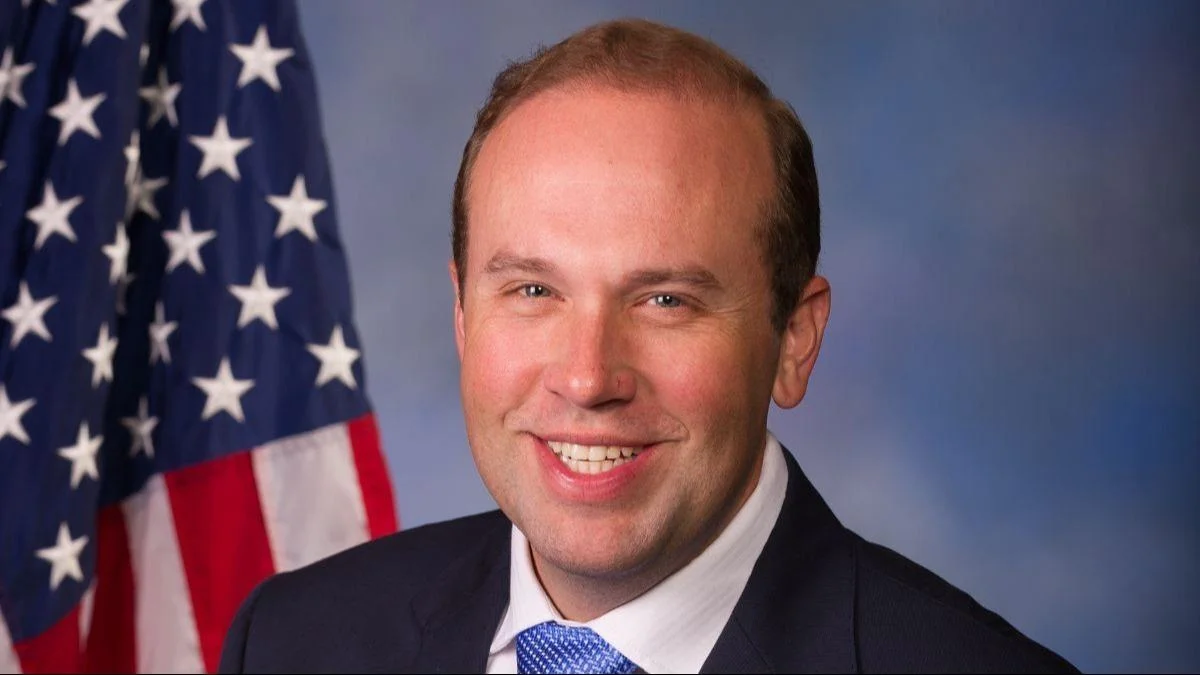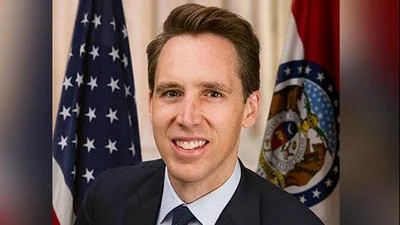Rep. Jason T. Smith, U.S. Representative for Missouri's 8th District | Congressman Jason Smith Official U.S. House headshot
Rep. Jason T. Smith, U.S. Representative for Missouri's 8th District | Congressman Jason Smith Official U.S. House headshot
Ways and Means Committee Chairman Jason Smith issued a statement following the Federal Open Market Committee's decision to reduce the benchmark interest rate by 25 basis points. Smith criticized the Biden-Harris Administration for its economic policies, stating that "reckless spending" has led to high inflation and interest rates.
Smith commented on the economic impact of these policies, saying, "The American people are demanding relief from the disastrous economic policies of the past four years." He noted that despite the recent rate cut, it would not be sufficient to alleviate what he described as "the worst cost of living crisis in 40 years."
Highlighting concerns over job creation, Smith mentioned that October saw "the slowest pace of U.S. job creation since late 2020," with significant downward revisions to previous jobs reports. He emphasized that this was further evidence of a weakened economy under current leadership.
Smith also outlined future plans for Ways and Means Republicans, who are preparing for tax-related discussions next year. Their aim is to prevent tax increases on working families and deliver economic relief. According to Smith, their efforts include over 120 listening sessions across 20 states aimed at building on the success of Trump-era tax cuts.
He asserted that due to those cuts, real wages grew by $5,000 and six million families were lifted out of poverty. Additionally, he claimed they prevented American corporations from moving profits overseas.
Chairman Smith concluded his statement by expressing optimism about collaborating with President Trump: “Ways and Means Republicans look forward to working with President Trump to return to an economy that works for working people.”
The backdrop provided includes several key statistics highlighting financial challenges faced during the Biden-Harris Administration. Interest rates reached historic highs not seen in 23 years; mortgage costs increased significantly; prices rose by more than 20 percent; real wages fell; and credit card debt exceeded $1 trillion.
Additionally, federal spending as a share of GDP reportedly surged under this administration compared to previous averages since FY2000.




 Alerts Sign-up
Alerts Sign-up